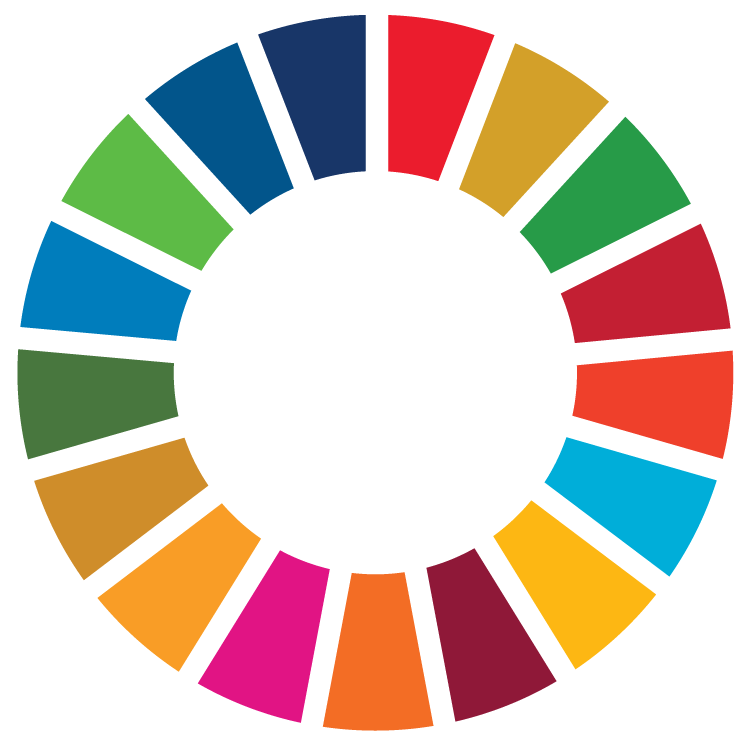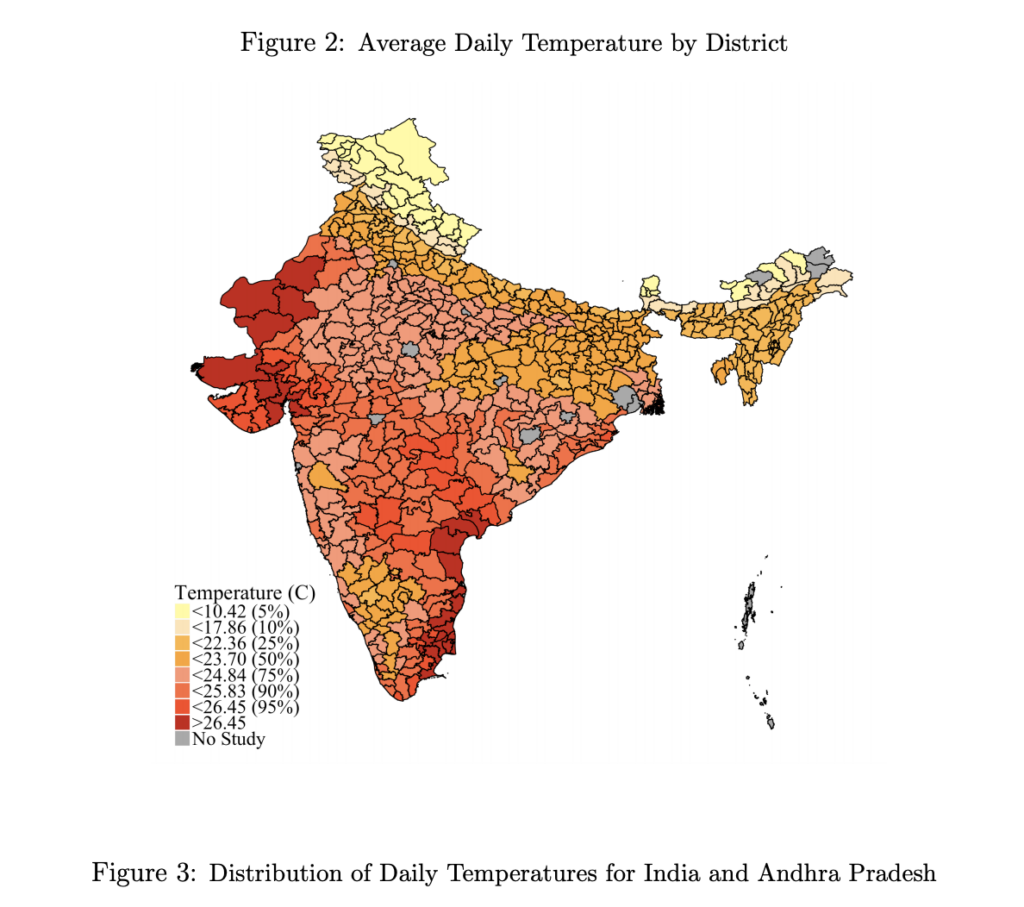The Policy Design and Evaluation Lab (PDEL) is an international focal point for rigorous empirical research on the interplay of public policy, technology, and economic development. PDEL combines advanced social science methodology with the power of information technology to design policies and programs that alleviate poverty; promote health, welfare, and security; and enhance accountability. Why PDEL? UC San Diego and its scholars are at the leading edge of a movement to develop a new class of solutions to some of…
SDG 4
Despite the considerable progress on education access and participation over the past years, 262 million children and youth aged 6 to 17 were still out of school in 2017, and more than half of children and adolescents are not meeting minimum proficiency standards in reading and mathematics. Rapid technological changes present opportunities and challenges, but the learning environment, the capacities of teachers and the quality of education have not kept pace. Refocused efforts are needed to improve learning outcomes for the full life cycle, especially for women, girls and marginalized people in vulnerable settings.
Recent research at the School of Global Policy and Strategy
Achyuta Adhvaryu
This study examines the impact of workplace-based soft skills training on the productivity of Indian garment workers. The study finds that such training leads to significant productivity gains, with treated workers becoming 13.5% more productive than their untreated counterparts. These gains are particularly pronounced when trainees work in teams alongside their coworkers, emphasizing the importance of teamwork and collaboration skills. Interestingly, even untreated coworkers on the same production lines as the trained workers show increased productivity, suggesting positive spillover effects. However, despite the productivity improvements and higher promotion probabilities among trained workers, the study finds no effects on wages or worker retention, indicating labor market frictions. Nevertheless, the firm experiences substantial net returns, with a 256% return on investment
Teevrat Garg
We estimate the effects of temperature on human capital production in India. We show that high temperatures reduce both math and reading test scores through an agricultural income mechanism. The roll-out of a workfare program, by providing a safety net for the poor, substantially weakens the link between temperature and test scores. Our results imply that absent social protection programs, climate change will have large negative impacts on human capital production of poor populations in agrarian economies.
Agustina Paglayan
Public‐sector unions are generally thought to increase the size of government through collective bargaining. This article challenges this idea for the case of teacher unions in the United States and argues that while collective bargaining institutions sometimes lead to increased education spending, this is not the norm.






